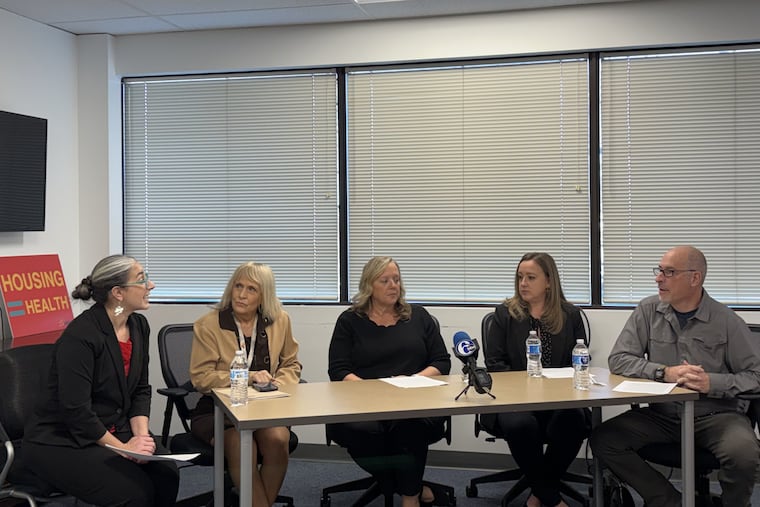Albany Considers Physician-Assisted Suicide Legislation; Governor Hochul Urged to Veto Proposed Bill
In recent years, the debate surrounding physician-assisted suicide (PAS) has intensified in various regions across the United States, particularly in deep-blue states known for their progressive policies. Despite significant financial backing from advocacy groups such as Compassion & Choices, numerous states including Illinois, Minnesota, Massachusetts, Connecticut, and Maryland have resisted efforts to legalize PAS. The state of Connecticut, for instance, has successfully blocked PAS proposals for 13 consecutive years, while Maryland has similarly rejected the notion for the ninth straight year.
New York State, which has also seen nearly a decade of unsuccessful attempts to advance PAS legislation, now appears to be on the brink of a potential breakthrough, with advocates hoping for favorable outcomes in both the Assembly and state Senate. This development raises critical questions about the implications of PAS, prompting calls for Governor Kathy Hochul to oppose the bill. Advocates argue that the decision to permit PAS should not merely hinge on personal or religious beliefs but should also reflect a broader commitment to safeguarding the rights of people with disabilities, maintaining the integrity of medical care, and prioritizing suicide prevention.
A significant factor undermining PAS initiatives in the Northeast is the strong advocacy from disabled communities. Historically, individuals with disabilities often testify against PAS, expressing concerns about how allowing legal access to such measures could devalue disabled lives. Research indicates that since the 1990s, the predominant reasons for requesting PAS in Oregon have shifted away from physical pain towards anxieties about autonomy, enjoyment of life, and fears of burdening loved ones.
Moreover, the American Medical Association (AMA) continues to oppose PAS, citing concerns regarding societal implications and the potential erosion of the medical profession’s role as a healer. The AMA warns that once medical professionals are positioned as facilitators of death, it could fundamentally alter the healthcare landscape, transforming it into a transactional model where the sanctity of life is compromised.
New York’s governance has also been characterized by a robust commitment to suicide prevention. Statewide initiatives include funding and grants specifically aimed at supporting veterans and first responders, alongside comprehensive resources designed to assist individuals in crisis. The presence of various suicide prevention measures within the state’s infrastructure underscores a commitment to safeguarding vulnerable populations, including those at risk of suicide.
Critics of the movement toward PAS warn that legalizing such practices could parallel distressing trends observed in countries like Canada, where reports of individuals being offered PAS in lieu of appropriate care raise significant ethical concerns.
As the debate progresses, it becomes increasingly essential for policymakers to prioritize alternative avenues for enhancing care and support for vulnerable populations. Fostering improved pain management, expanding services for the disabled and elderly, and bolstering nonviolent healthcare solutions represent true compassion in action.
The call for a veto of PAS legislation in New York aligns with a commitment to protect the most vulnerable citizens, reinforcing a societal responsibility to uphold life and dignity.







